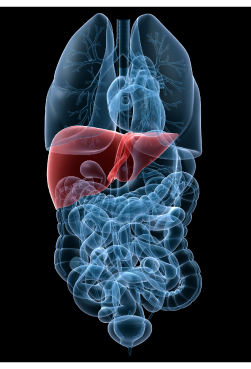Early detection

Early detection of the disease in high-risk individuals is crucial.
This permits detection of the disease still at early stages, when the chance of a successful treatment is higher. For example, early detection of colorectal cancer means that removal of the tumor during colonoscopy is often enough to treat the disease successfully.
There is also a second advantage in early detection:
- Small benign growths can be easily extracted before they degenerate into cancer.
In hereditary syndromes where there is an increased risk for colon and rectal cancer, surveillance tends to focus on these organs using colonoscopy or sigmoidoscopy.
However, from the age of 25, surveillance should expand to include associated cancers – e.g., tumors of the endometrium, ovary and stomach in the case of HNPCC, or stomach and duodenum tumors in FAP syndrome.
These screenings should not only start earlier but also be more regular than those followed for the general population.




